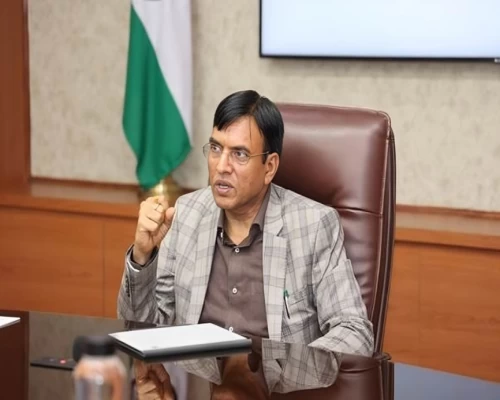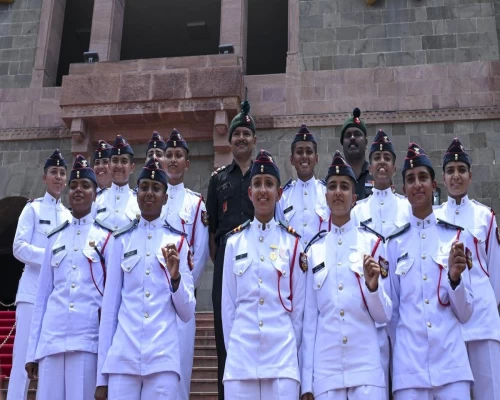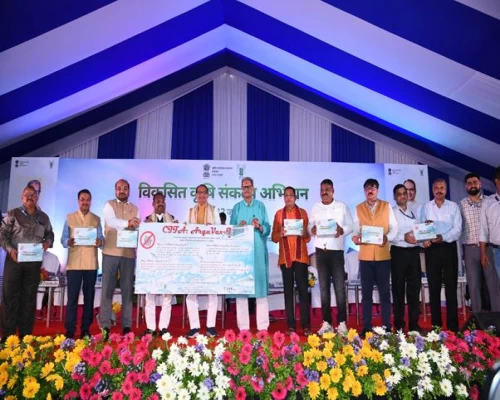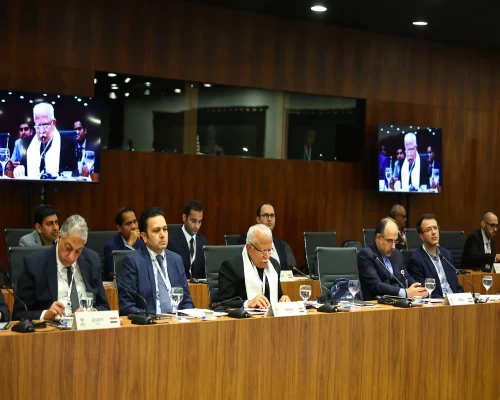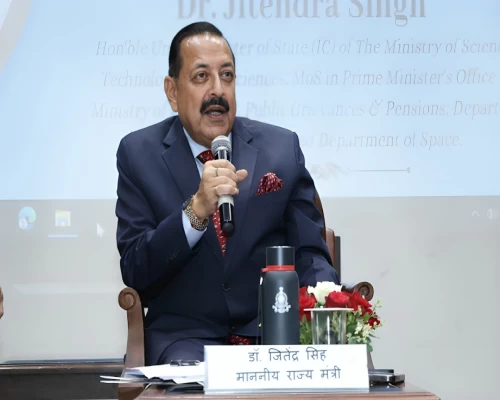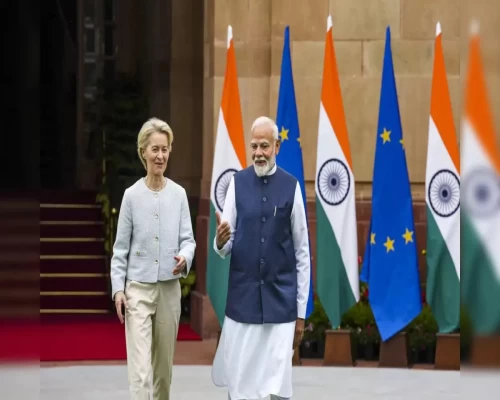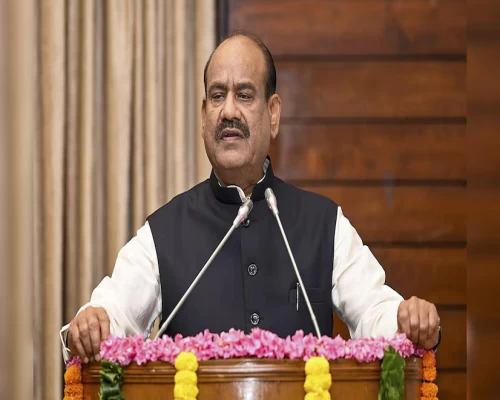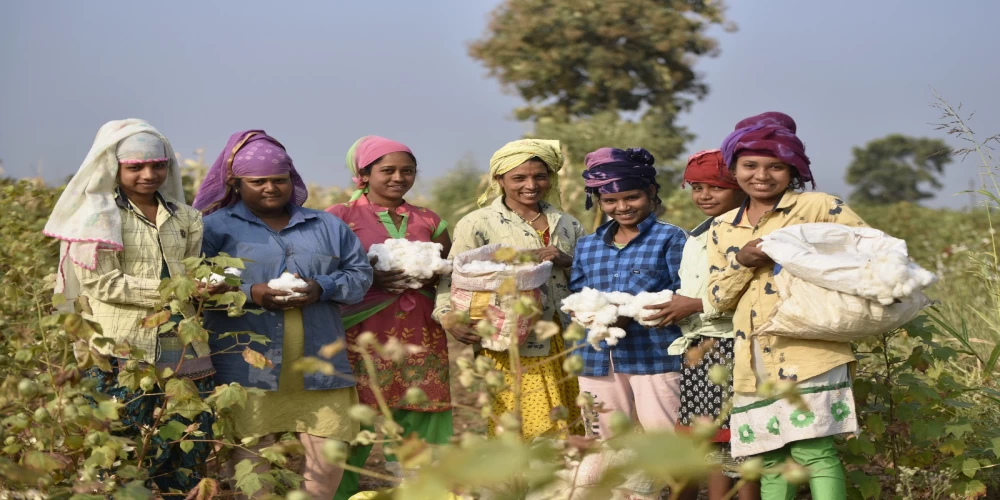
New Delhi: The cooperative sector in India is undergoing a transformative journey, and at the forefront of this change is the increasing participation of rural women. With Prime Minister Narendra Modi’s vision of a self-reliant India and Union Cooperation Minister Amit Shah’s strategic leadership, the government is reshaping the cooperative landscape to empower women at the grassroots.
In a reply to a question Shah informed the Rajya Sabha on Wednesday (December 4) that as of November 28, 2024, there are 25,385 Women Welfare Cooperative Societies (WWCS) and 1,44,396 dairy cooperatives across India, providing livelihoods and opportunities to countless rural women. Recognising the potential of this sector, the government introduced landmark reforms under the Multi-State Cooperative Societies (MSCS) Amendment Act, 2023.
This historic amendment mandates the reservation of two seats for women on the boards of Multi-State Cooperative Societies, fostering gender-equal decision-making. Additionally, the Ministry of Cooperation’s Model Bye-laws for Primary Agricultural Credit Societies (PACS) require women directors on the boards, ensuring representation in over 1 lakh PACS nationwide.
Financial empowerment through exclusive schemes
Under the guidance of PM Modi and Amit Shah, financial inclusivity has taken center stage. The National Cooperative Development Corporation (NCDC) has launched women-centric schemes like Swayam Shakti Shahakar Yojna and Nandini Shahakar. While the first is working on providing working capital loans for up to three years to women’s Self-Help Groups (SHGs), enabling them to undertake collective socio-economic activities, the second program is offering term loans for five to eight years, coupled with interest subvention, to support women cooperatives’ business activities.
By March 2024, the NCDC had sanctioned ₹7,708.09 crore and disbursed ₹6,426.36 crore for the development of women-led cooperative societies.
Shah also informed that the government has gone beyond traditional cooperative models to introduce groundbreaking initiatives. The "Cooperation Among Cooperatives" pilot project in Gujarat's Panchmahal and Banaskantha districts stands out. Here, primary dairy cooperative societies have been transformed into Business Correspondents/Bank Mitras for District Central Cooperative Banks (DCCBs).
Through this initiative, 22,344 RuPay Kisan Credit Cards (KCCs) have been issued, including 6,382 for animal husbandry, benefitting thousands of women. Equipped with micro-ATMs, these cooperatives enable rural women to access markets, manage finances, and secure their livelihoods.
Collaborating with NABARD, NDDB, and other entities, Shah informed that the government is focused on creating 1.03 lakh new dairy cooperatives, empowering women to become key players in India’s dairy revolution. Enhanced market access, better infrastructure, and innovative credit solutions are ensuring that rural women are not just participants but leaders in the cooperative movement.
A vision for the future
Prime Minister Modi’s emphasis on “Sabka Saath, Sabka Vikas” is deeply embedded in these reforms. Shah’s astute leadership in the Ministry of Cooperation has ensured that rural women are no longer on the periphery but are integral to India’s cooperative movement.
By empowering women through policy, financial support, and innovation, the cooperative sector is not just improving livelihoods but also shaping a more inclusive and prosperous India. This initiative reflects the government’s unwavering commitment to gender equality and rural transformation - a model for the world to emulate.
BI Bureau



